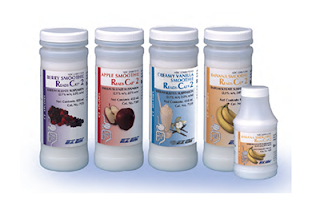A Christmas
where I couldn’t quite lighten my heavy heart came and went. I tried not to let
my family see the pervasiveness of my sorrow, but this is clearly shaping into a season of darkness. Hope and gratitude are slipping out of my tired fingertips.
With the passing of the holidays, we return back to our quiet house with bags to unpack and a
fridge that needs filling. My medical appointments resume and welcome us right
back into the fold that is our lives.
I meet with
one doctor and discuss the recommendation that I have my ovaries removed. I reluctantly
dismiss lingering hope for a future pregnancy and plan an oophorectomy (surgery
to remove my ovaries) for the coming months. I meet with another doctor and
have blood drawn from my ankle, because once again, my damaged veins will not
spring forth for the prodding nurses. I revert back to my safety chant, “one,
two, three” to help me through the failed attempts.
I ask the
Oncologist my odds for survival, in a grasping attempt for as much information
as I can attain. After a long speech about the meaninglessness of odds, he
tells me the numbers. I can’t stop hearing them: 80/20.
The survival
rate, the chance I will still be alive and cancer free in ten years, is
estimated at 80%. Conversely, statistics indicate there is roughly a 20% chance
this will not be over for me. Aggressive treatment and preventive measures
aside, there remains a 20% chance breast cancer will show up somewhere else in
my body over the next decade.
I am trying
to understand that I might die soon, and that I have to live with that.
Meanwhile, my
friends’ lives are moving on. They have gone on to have second and third
children. They are having baby showers and buying houses, changing jobs and
taking trips. The contrast between life carrying on normally for them and my
sphere of challenges is a painful reminder of what might have been.
I long to be
one of them again, to associate mortality with old age, to live without
prevalent fear or pain, to be able to take things for granted.
Instead, I
find myself skittering around like a wounded bird. I can’t lift off the ground
and empathy weighs heavy on my back, as though I’m suddenly in-tune with any
suffering around me. The sadness of the world is too much to ache for.
I walked
across the lobby of a medical building today behind a little girl wearing what
was clearly a wig. She couldn’t have been but five or six, walking lightly
toward the infusion suite and holding the hand of what must have been her
daddy. How does any man deserve the pain that father must endure watching his
baby go through chemotherapy?
…How do I hold it together when I lose new friend after new friend from my support group? …How do I continue to understand God as loving and gracious amidst trying to teach myself that the allowance of suffering is necessary on earth?
I’m just a
little bird, fluttering around on the ground. It’s okay if I leave this life, I
attempt to convince myself. Because I’m not sure how else to cope with 80/20
yet. …How do I hold it together when I lose new friend after new friend from my support group? …How do I continue to understand God as loving and gracious amidst trying to teach myself that the allowance of suffering is necessary on earth?






















